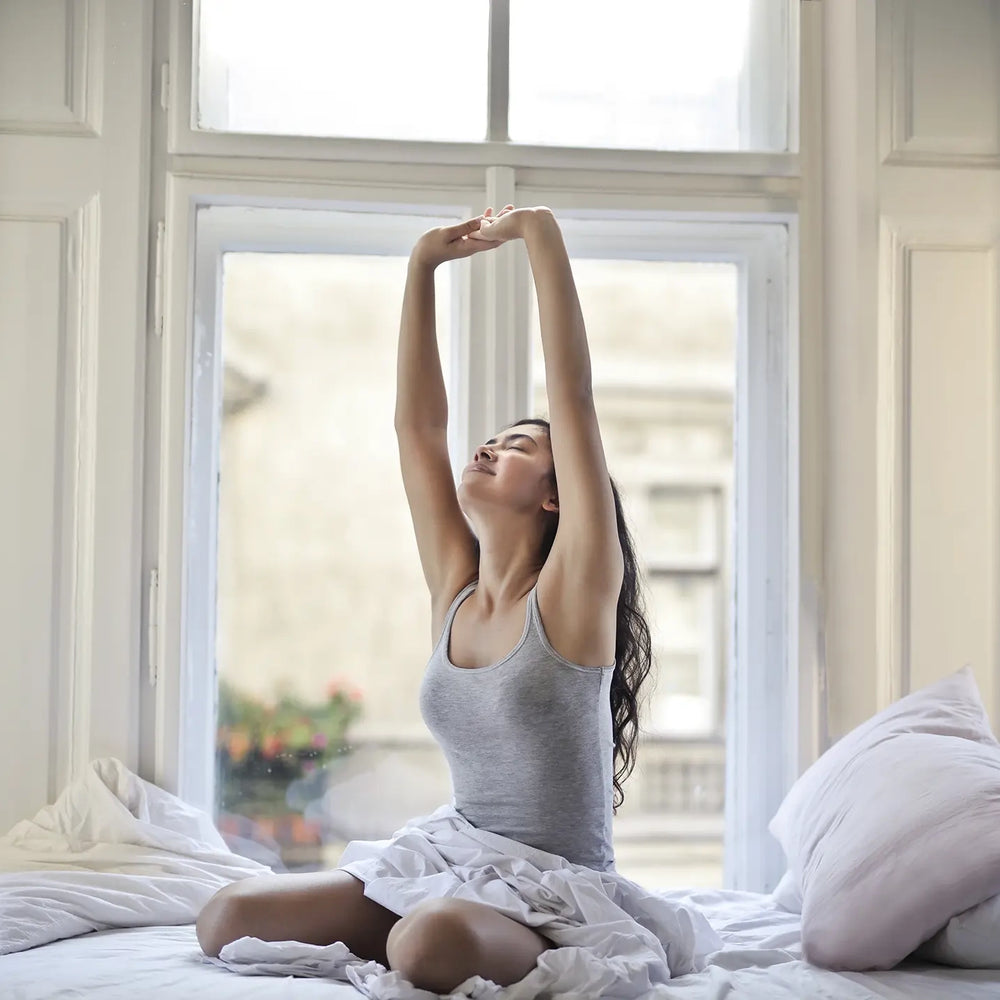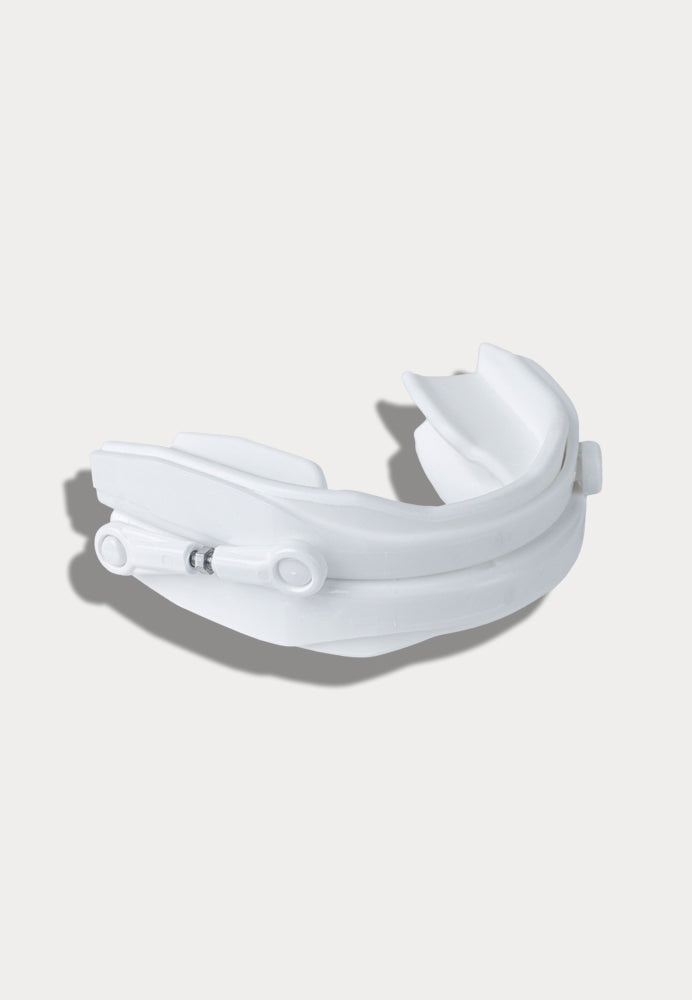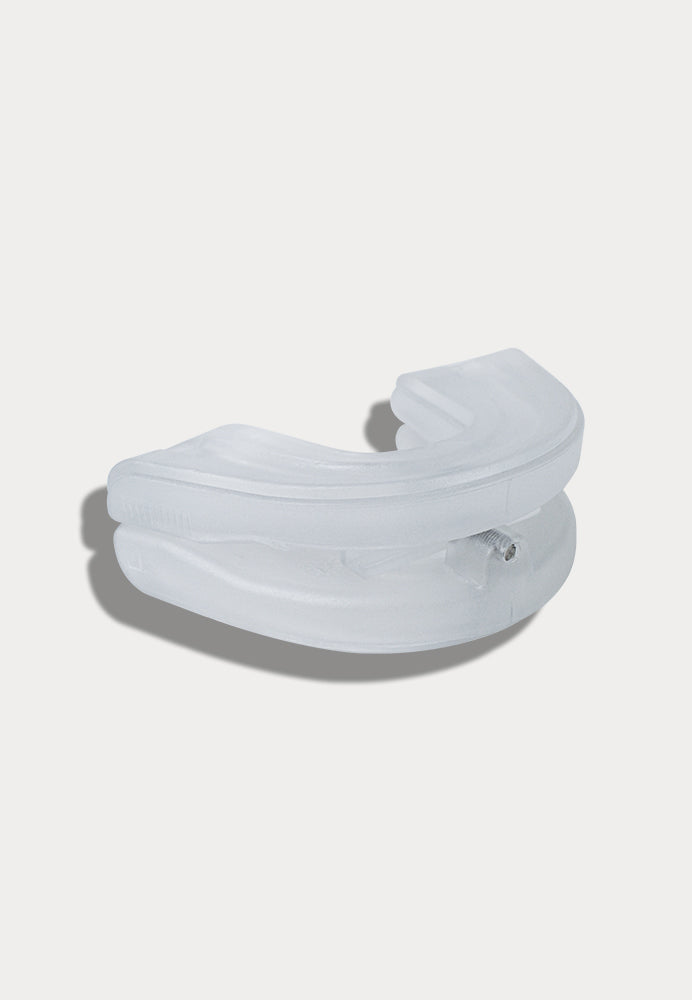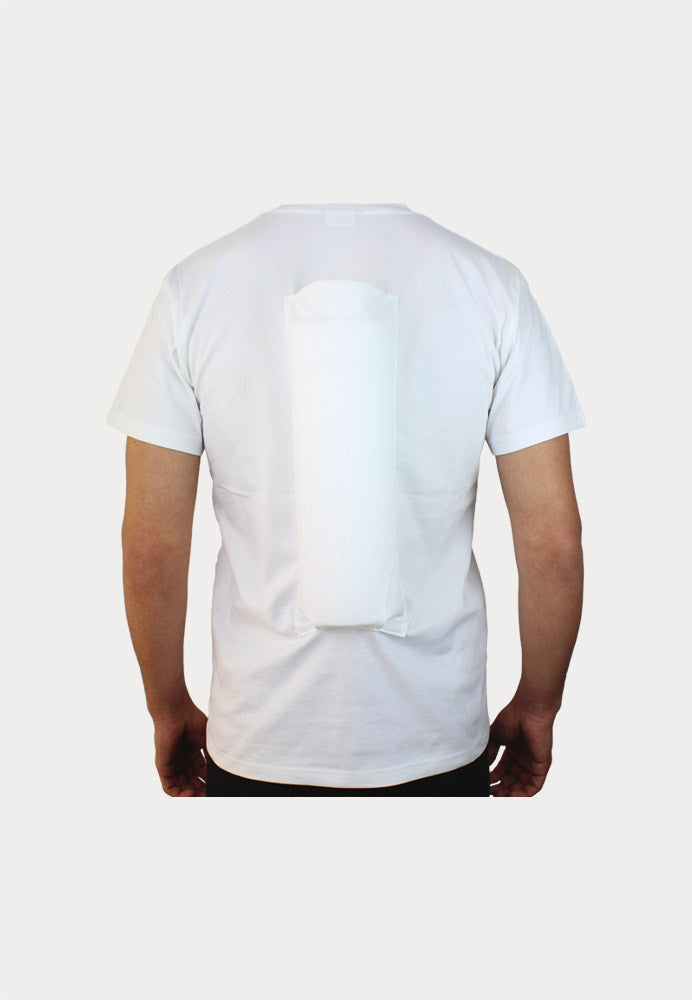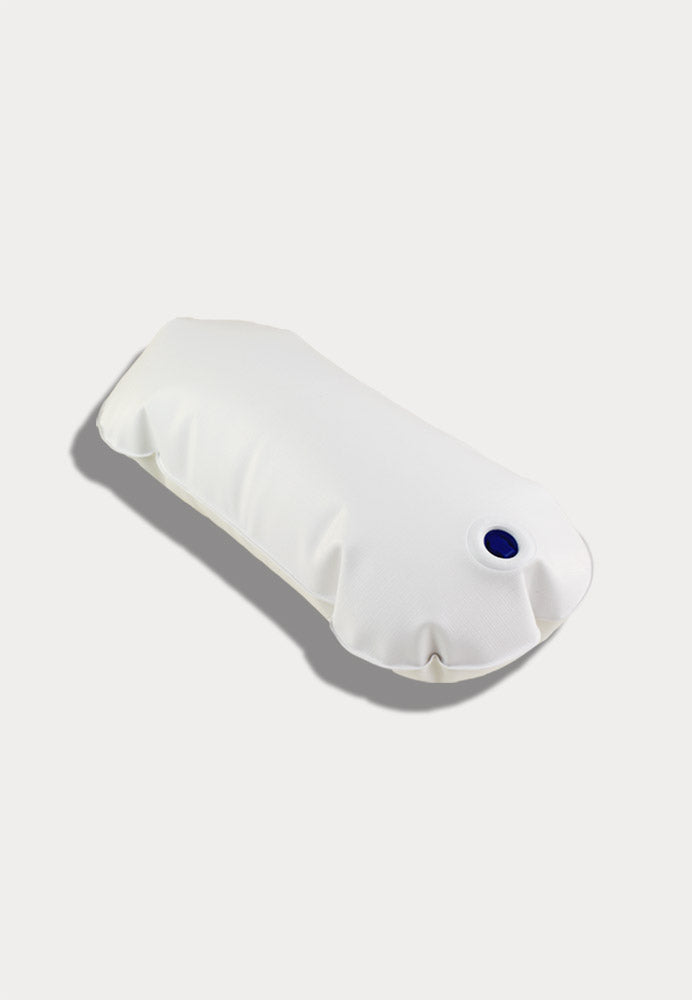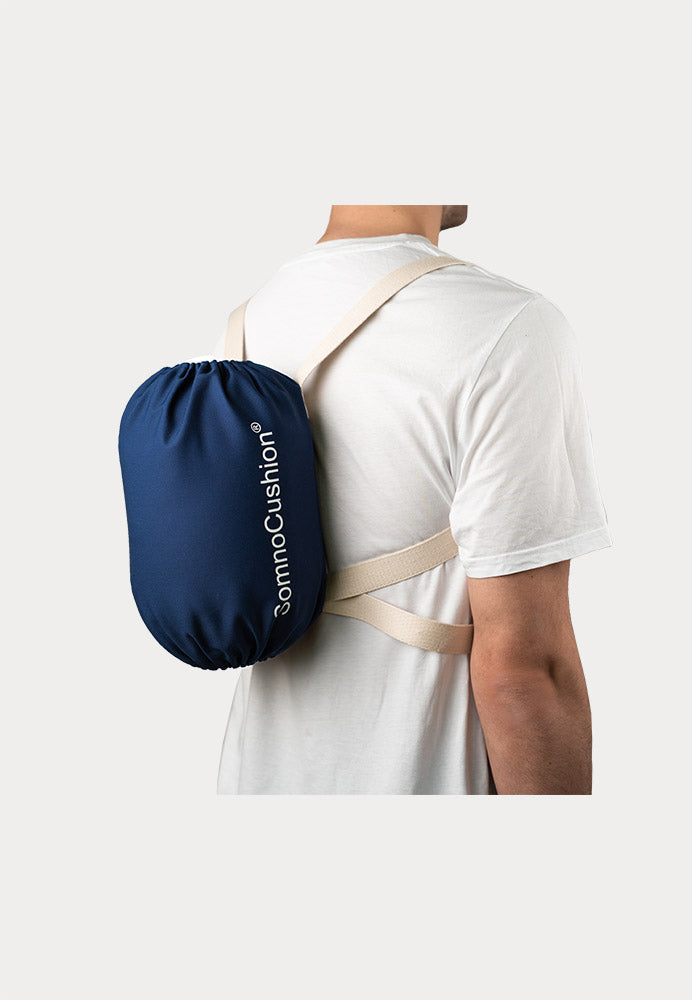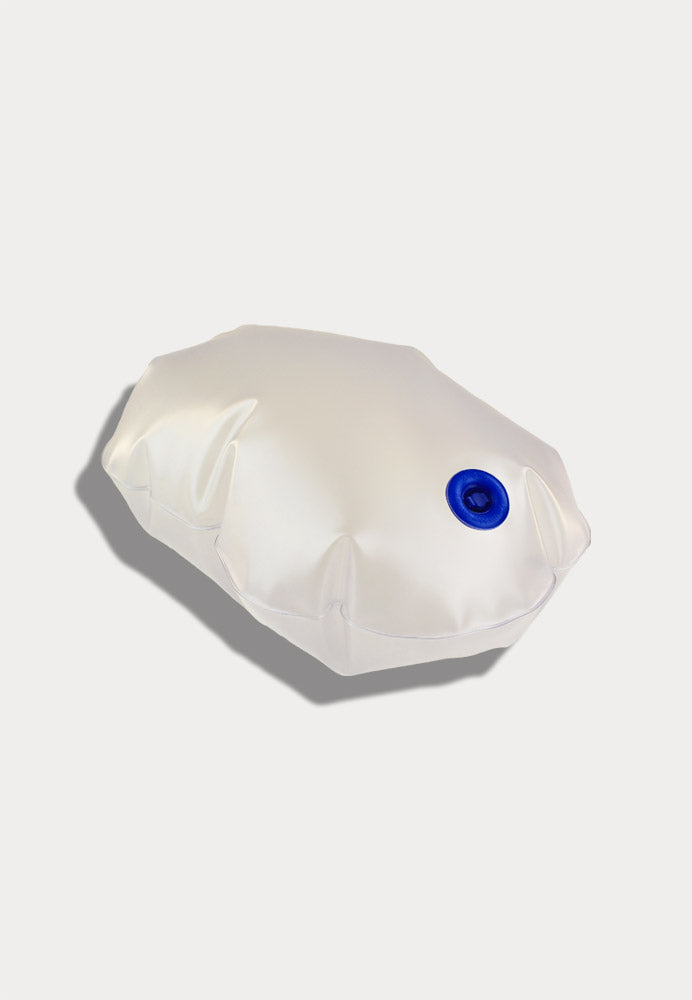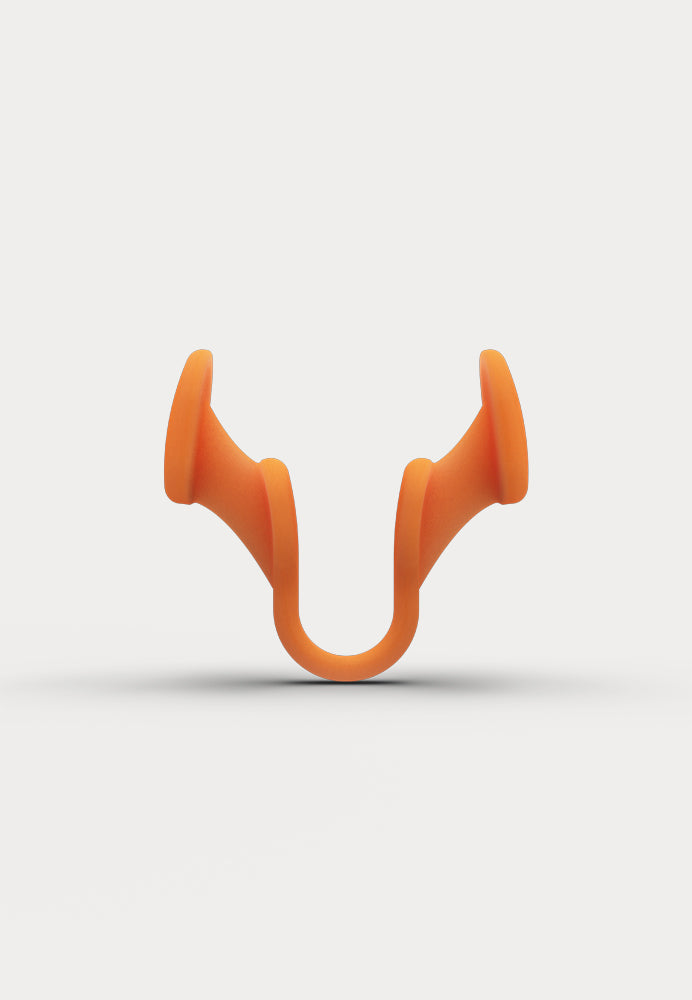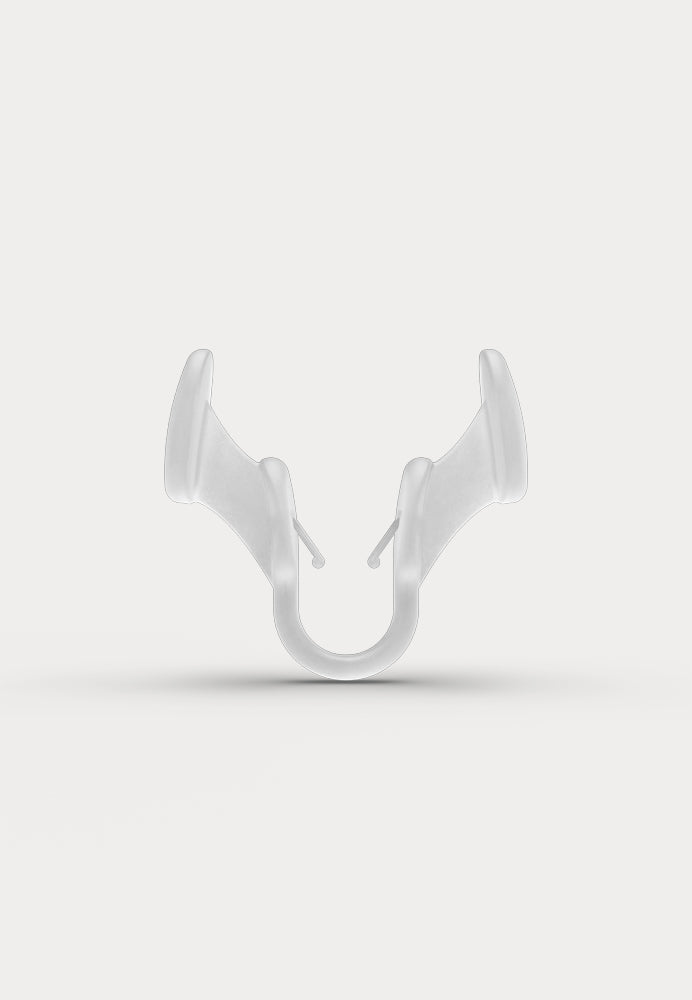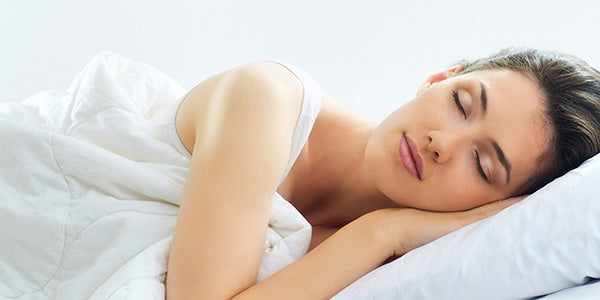DESCRIPTION EPWORTH TEST
The Epworth Sleepiness Scale (ESS), developed by Murray W. Johns in 1991, is a method for measuring daytime sleepiness. With the help of various questions, the probability of falling asleep in everyday situations is queried retrospectively. The short questionnaire is mainly used in sleep medicine to diagnose sleep disorders, especially hypersomnias. In addition, the Epworth test is suitable for measuring the success of therapy (eg in CPAP patients) over time.THE EPWORTH TEST
Are you often tired or do you fall asleep in everyday situations? Then you might be suffering from a sleep disorder. Take the Epworth test and assess your daytime sleepiness with the help of eight questions. The situations relate to your everyday life recently. How likely is it that you will nod off or fall asleep in the situations described? Even if you haven't experienced some of these situations recently, try to imagine how those situations would have affected you.Write down the corresponding number for each situation and then form the sum.
EPWORTH SLEEPY SCALE - SITUATION:
EPWORTH SLEEPY SCALE - RESULTS:
0-7 points: Your values are within the normal range. The result indicates no increased daytime sleepiness. Your risk of sleep apnea is relatively low.
7-10 points: You have an average level of daytime sleepiness. The result does not indicate an increased risk of sleep apnea. If you snore constantly or have breathing pauses during your sleep, you should still consult a doctor to be on the safe side.
10-15 points: Your daytime sleepiness is increased. You should think about getting enough sleep and also improving your sleep hygiene. You should also contact your family doctor or a specialist with the test result.
More than 15 points: Your level of daytime sleepiness is very high. This can be an indication of sleep apnea syndrome. You should be examined by a specialist as soon as possible.
